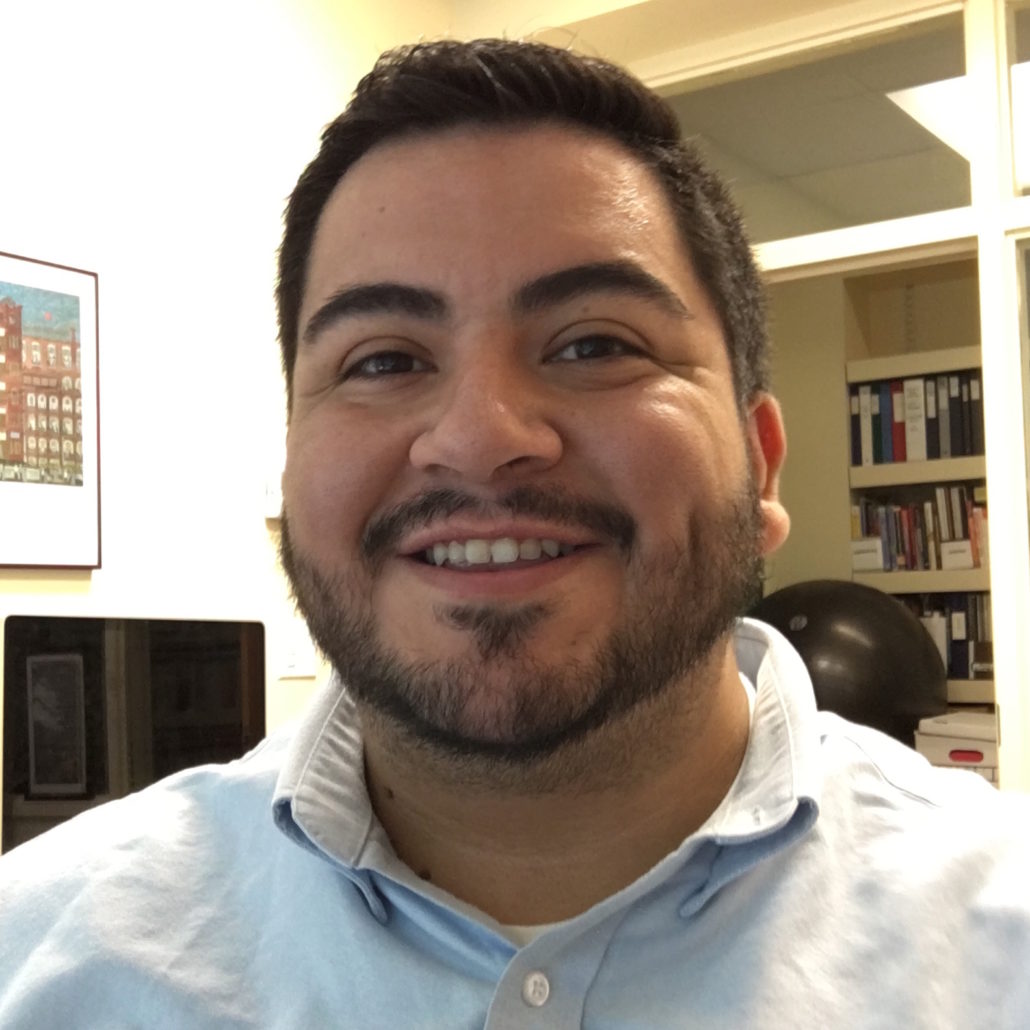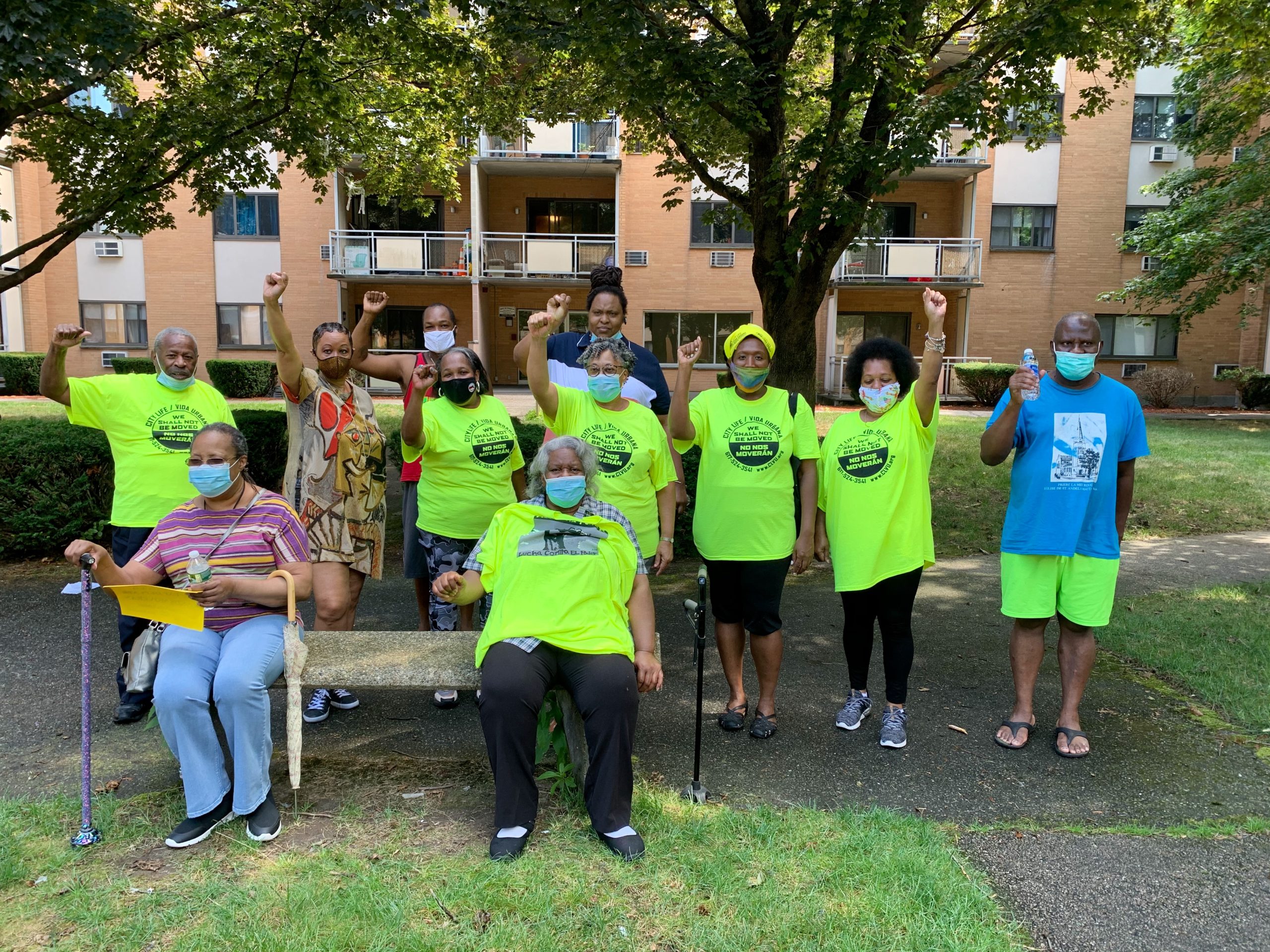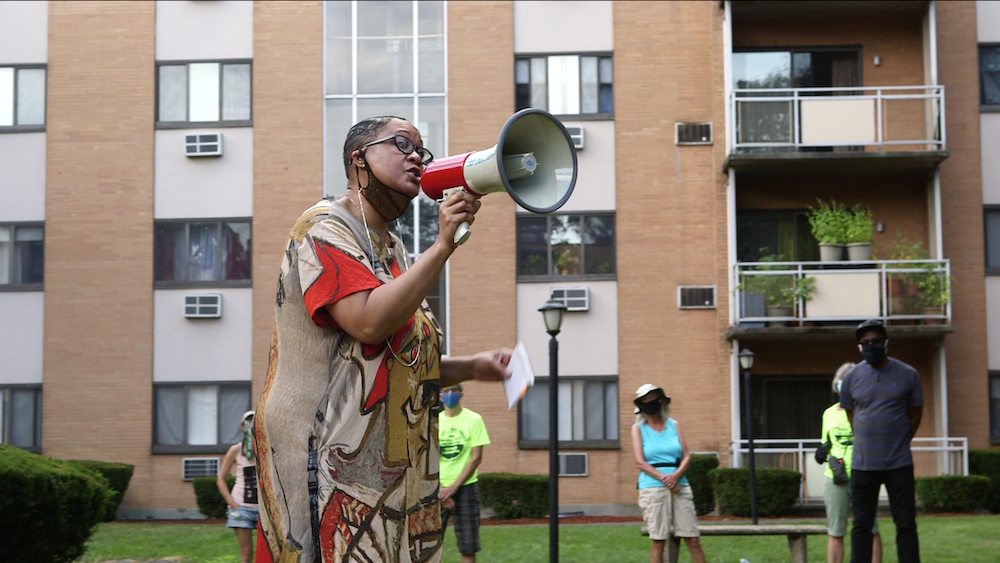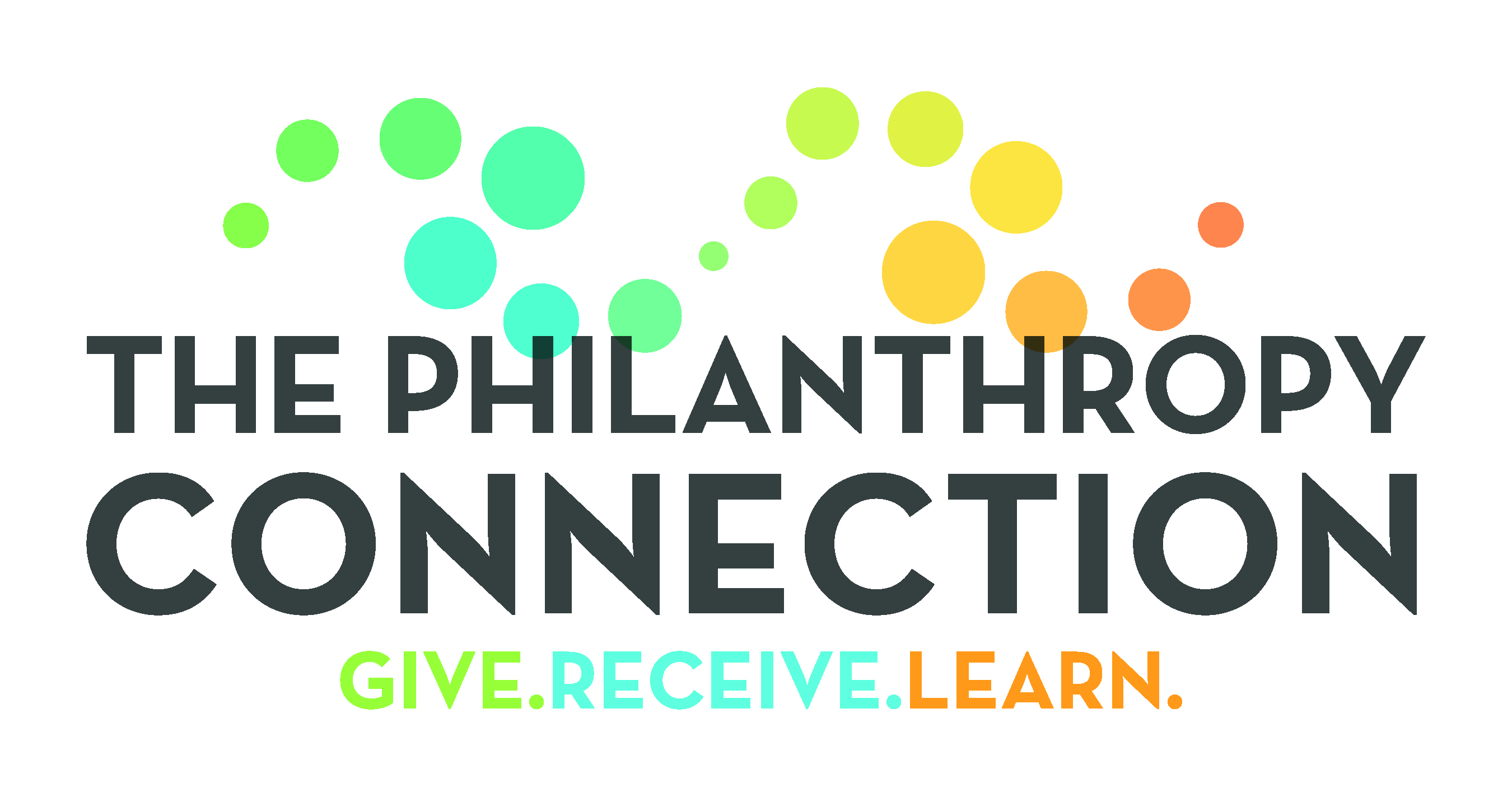The Interview with Mike Leyba, Development Director

City Life Vida Urbana (CVLU) is an organization with deep community roots, beginning in 1973 when it first began fighting for racial, social, and economic justice in Jamaica Plain. Since then, the organization has fought alongside tenants and homeowners throughout eastern MA as gentrification, urban renewal, speculative real estate development, “White flight,” property owner neglect, and tenant harassment have continued to threaten affordable housing and the basic rights of working-class communities of color. Over the course of decades of work, CLVU has developed and refined an innovative organizing model to protect, educate, and empower tenants and homeowners.
CVLU In Action
Morton Village Apartments is a 207-apartment building off Gallivan Boulevard. Several other recently sold Mattapan apartment buildings near the new commuter rail station had seen significant rent increases, and long-time residents like Kwesi Matthew feared they would be hit with the same increase after learning Morton Village was on the market. Kwesi contacted City Life, and CLVU organizers began helping tenants organize into a cohesive group so they could understand their legal rights (or, as described below, “the shield’).
These know-your-rights trainings for tenants are part of CLVU’s strategy, the “sword, shield, and the offer” organizing model. The sword represents public pressure, protest, and direct action. The shield represents defending tenants through the court process by providing legal support and know-your-rights trainings. The offer is the permanent solution, often the sale of the building to a nonprofit or land trust so that it remains permanently affordable.
After a series of organizing meetings, all 207 households in Morton Village came together to sign a petition urging any new owner to meet with tenants and agree to reasonable rent increases. This effort required tenants to go door-to-door to talk to their neighbors (socially distanced because of the pandemic) and, where needed, being sure there was someone who could translate if a resident didn’t speak English. At times during the negotiations with the ultimate buyer, the tenant group also had to take direct action and protest publicly to generate publicity and prove their commitment (“the sword”).
 After working together for the first time, Kwesi Matthew and other residents of Morton Village now have a new landlord, Avanath Capital Management, a California-based firm that owns 87 “workforce housing” complexes across the country. The residents agreed to 3% rent hikes for each of the next 3 years and a 3.25% increase for the next 2 after that, except for residents over 70, who will be limited to increases of 3% annually. The City of Boston played a role in the negotiations, contributing $4 million to help ensure rents stay low, even after the initial 5-year agreement.
After working together for the first time, Kwesi Matthew and other residents of Morton Village now have a new landlord, Avanath Capital Management, a California-based firm that owns 87 “workforce housing” complexes across the country. The residents agreed to 3% rent hikes for each of the next 3 years and a 3.25% increase for the next 2 after that, except for residents over 70, who will be limited to increases of 3% annually. The City of Boston played a role in the negotiations, contributing $4 million to help ensure rents stay low, even after the initial 5-year agreement.
This type of voluntary, multi-party agreement (“the offer”) is a model that protects tenants with predictable, fixed rent increases while providing landlords with stable cash flow. Importantly, this type of collaboration helps to stabilize neighborhoods like Mattapan by keeping long-time residents in place. This model of pairing direct action and legal defense with negotiation was developed by CLVU and refined since its early work in the 1970s and has since been implemented elsewhere in communities facing challenges similar to those found in Greater Boston.
Today’s Challenge
The convergence of COVID-19, the failing economy, and systemic racism is having a devastating impact on working class communities of color. The challenges extend to gathering current information about housing insecurity as the eviction moratoriums expired at the state level in October and will expire at the federal level on December 31. Currently in Massachusetts it is illegal to automate data collection about eviction filings and Housing Court was closed up until October 17. This made it necessary for CLVU, in partnership with MIT’s Department of Urban Studies and Planning, to rely on estimates compiled by the Boston Federal Reserve, Census data, and unemployment claims data to try to determine the severity of the crisis, present and future.
 A conservative estimate is that there are over 100,000 households at near-term risk of displacement (excluding undocumented and gig workers) due to eviction, foreclosure, or being pushed out because of how high the cost of housing is in Greater Boston. A recent Household Pulse survey revealed that ~23% of all Massachusetts renters (230,000 households) expressed concern about being able to cover rent in the next couple of months. Results also found that food insecurity is rising sharply as people are forced to choose between which basic needs they can afford, and there is real fear that foreclosures will start up again with the reopening of Housing Court. These findings don’t take into account the health challenges faced by people who voluntarily vacate their homes to move into overcrowded conditions with family or friends.
A conservative estimate is that there are over 100,000 households at near-term risk of displacement (excluding undocumented and gig workers) due to eviction, foreclosure, or being pushed out because of how high the cost of housing is in Greater Boston. A recent Household Pulse survey revealed that ~23% of all Massachusetts renters (230,000 households) expressed concern about being able to cover rent in the next couple of months. Results also found that food insecurity is rising sharply as people are forced to choose between which basic needs they can afford, and there is real fear that foreclosures will start up again with the reopening of Housing Court. These findings don’t take into account the health challenges faced by people who voluntarily vacate their homes to move into overcrowded conditions with family or friends.
Meeting the Challenge
Since March, CLVU members have worked tirelessly to protect the health and housing of under-resourced families in Massachusetts. These efforts have included setting up and supporting mutual aid groups and contacting thousands of impacted families to ensure their basic needs are being met: providing food, diapers, cleaning supplies, and masks while at the same time putting them in touch with area mutual aid groups and resources. CLVU mobilized over 1,000 residents to take collective action and filed legislation that became the basis for the strongest eviction moratorium in the nation (in place until October) and have since filed a second bill. The Guaranteed Housing Stability Act would further stabilize families, including renters, owners, and small landlords; to date over 300 organizations have signed on to the bill, over 4,000 CLVU supporters have emailed their elected representatives, and nearly 2,000 people have called demanding it pass this session.
What Can TPC Do?
If you want to learn more about and get involved with the vitally important work of CLVU, there are a number of ways available:
Visit their website at: http://www.clvu.org/
- Sign up for Action Alerts and you will also receive a monthly newsletter.
- Set up a “virtual coffee” with Mike Leyba, also CLVU’s Solidarity Community Organizer, who welcomes the opportunity to meet any TPC member who would like to discuss specific areas of interest you have and expertise you would like to contribute.
Watch this informative WGBH segment: https://www.youtube.com/watch?v=4GArjcMpmW8
